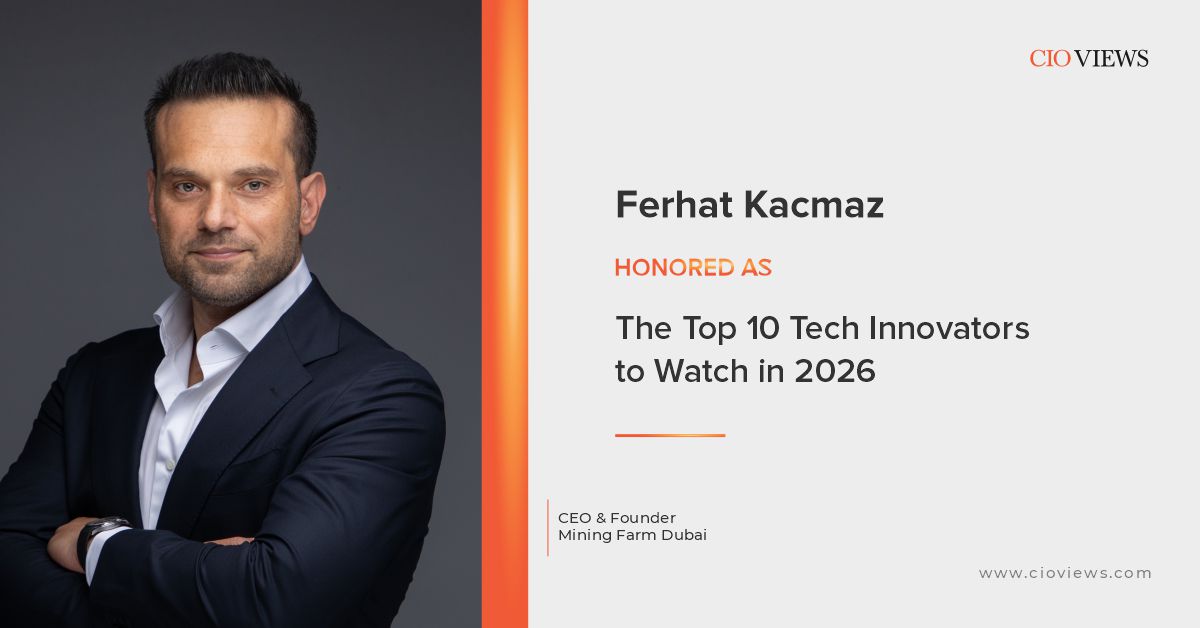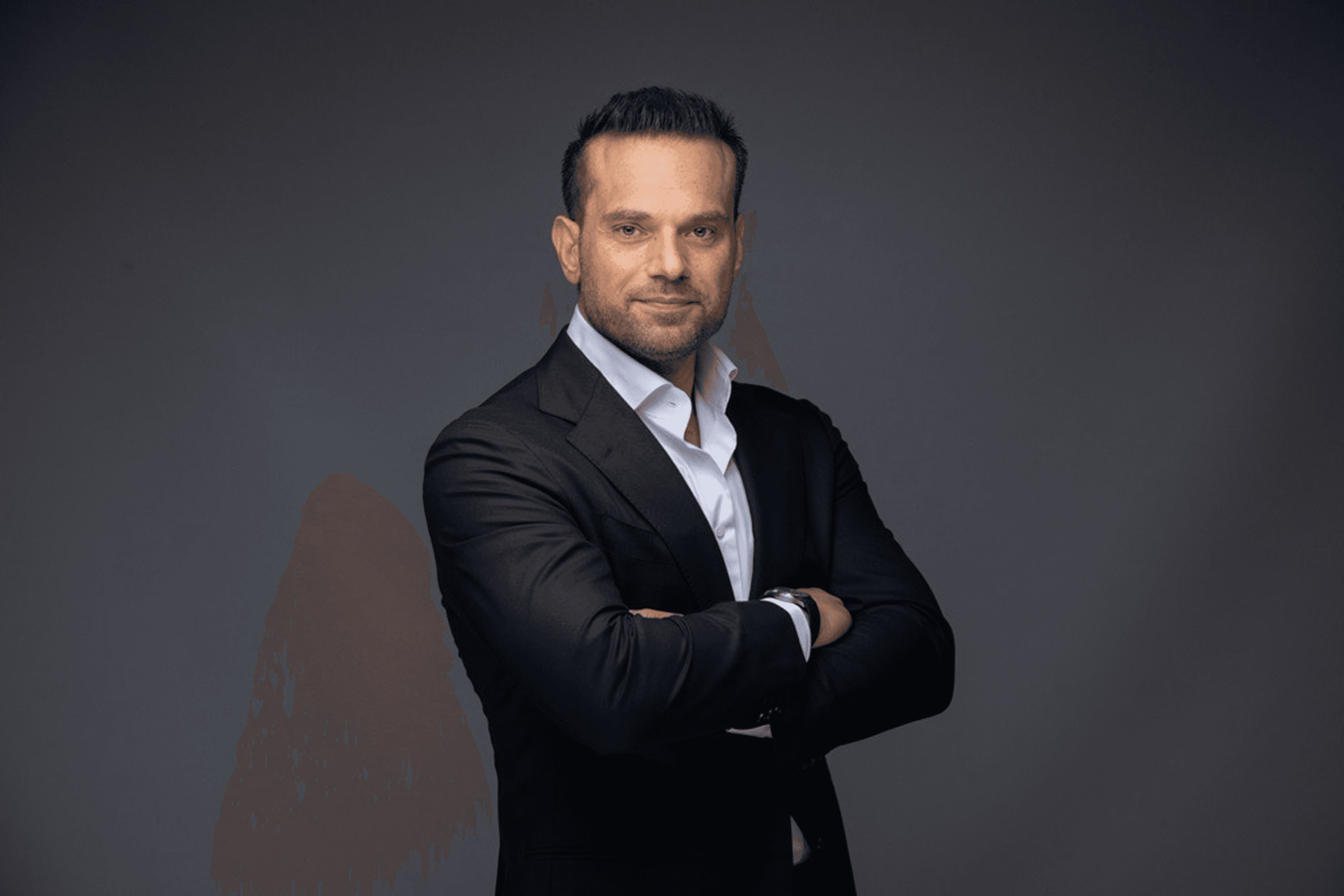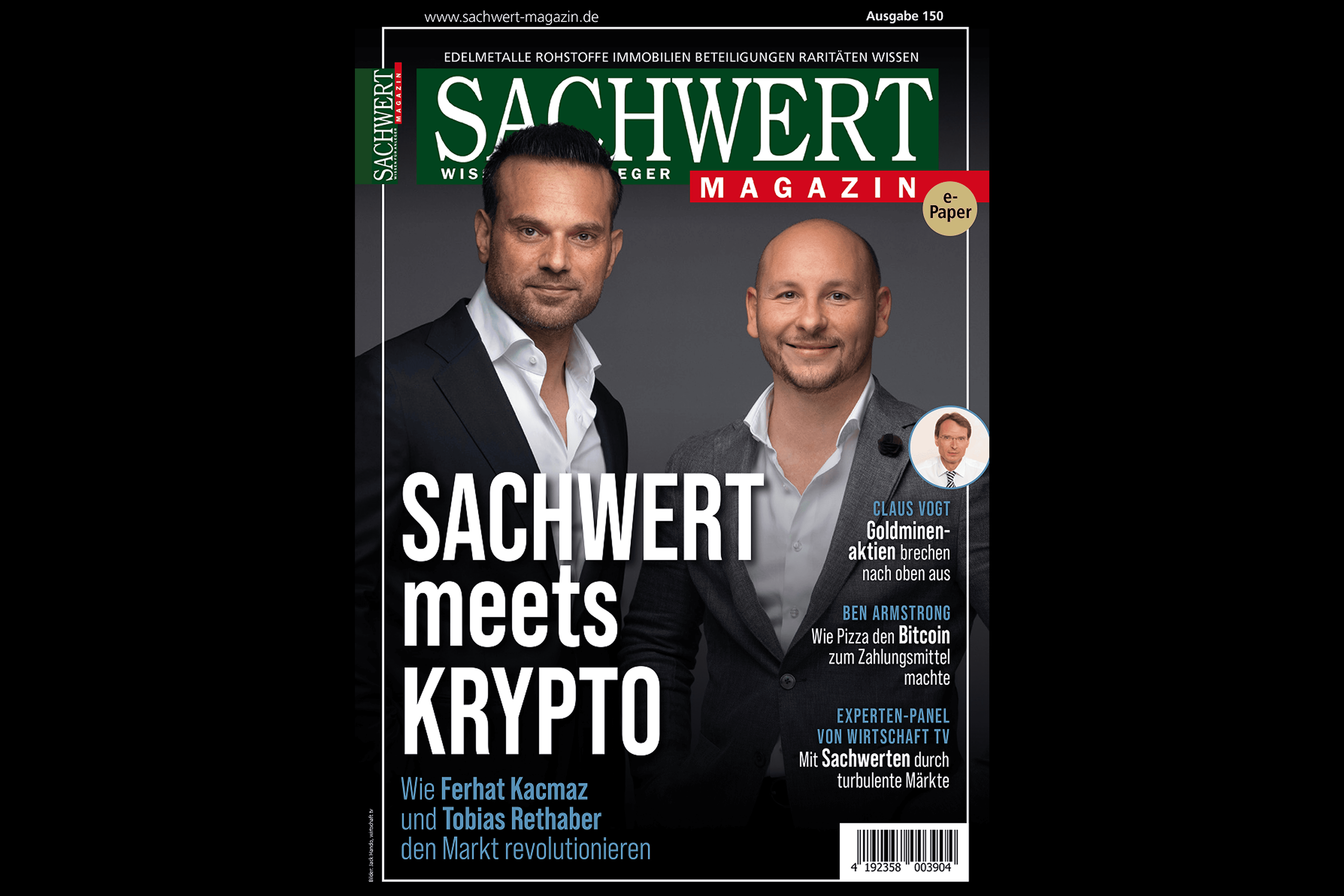Ferhat Kacmaz
Contracts without paper, trust without a notary: How blockchain and cryptography are changing the world of contracts
The revolution in the shadow of the paragraphs
August 1, 2025
While blockchain technology is often equated with cryptocurrencies like Bitcoin or Ethereum, its true disruptive potential is only just beginning to be understood – especially in the area of contract drafting. The combination of cryptographic security, decentralization, and immutability makes blockchain a serious technological alternative to traditional trust mechanisms in law. From Papyrus to Protocol: Contracts in Digital Transformation Traditionally, contracts are based on written form, a mutual understanding of the wills of two parties, and—if necessary—a notary public as a trusted authority. But what if trust is no longer guaranteed by an institution, but by code? This is precisely what smart contracts do. These are self-executing programs stored on the blockchain that automatically monitor and execute conditions – without intermediaries. The technology behind them is based on cryptographic procedures that ensure integrity and authenticity. Subsequent changes are impossible because every transaction is documented chronologically and cryptographically secured. What exactly is blockchain – and what can it do? A blockchain is a decentralized, digital ledger that stores transactions or data in so-called blocks. These blocks are linked using cryptographic hash values. If a block is changed, the checksum no longer matches, making any manipulation immediately apparent. A so-called consensus mechanism (such as Proof of Work or Proof of Stake) ensures that all nodes in the network agree on a consistent status. This mathematically verifiable agreement creates digital trust – without a central authority. According to a 2023 study by the University of Cambridge, over 200 million people worldwide already use blockchain-based services. From Caesar to Cypherpunk: Cryptography as the backbone The idea of encrypting messages is ancient: Julius Caesar already used a simple cipher. Today, we operate with asymmetric methods such as RSA or elliptic curve cryptography. These enable not only encryption but also digital signatures – a central element in blockchain. Because whoever creates a block or signs a transaction thereby clearly proves their authorization – mathematically, not symbolically. A digital certificate replaces the notary's stamp. The Federal Office for Information Security (BSI) considers cryptography an indispensable cornerstone of any digital infrastructure. FitTech meets Blockchain – the example of Ferhat Kacmaz Ferhat Kacmaz embodies the prototype of the modern visionary – entrepreneur, mentor, innovator, and author all rolled into one. As a successful serial entrepreneur, deeply rooted in the crypto space, he recognized the opportunities offered by blockchain technology early on and was already active in mining when many people didn't yet know the term. For over 13 years, he has lived and worked in Dubai, where he has established and expanded his international projects. With a keen eye for trends and an unwavering drive to inspire people, he combines economic foresight with technological innovation. In his book, Designing Wealth: A Visionary's Guide to Mindset and Freedom, Kacmaz shows how entrepreneurial thinking, financial awareness, and a modern lifestyle can be combined to create a path to true freedom and sustainable success. FitTech meets blockchain – for Kacmaz, this isn't just a buzzword, but a living example of how health, technology, and economic participation can intertwine to create a better, more conscious, and more active future. From handshake to hash value: How smart contracts are recoding the global contract world For millennia, contracts have been based on symbols of trust: a firm handshake, the wax seal on a document, notarization. But in an increasingly interconnected, digital world, these traditional forms are reaching their limits. How can people on different continents, in different legal systems, and across different time zones reach binding agreements in real time—without delay, without friction, without misunderstandings? This is precisely where the idea of smart contracts comes in: digital contracts that execute themselves as soon as certain conditions are met – entirely without intermediaries. The key point: They are not based on subjective trust, but on objective code. A consensus algorithm replaces the witness, a blockchain the notary. And all this with global scalability. A look at the facts: According to a Statista study from 2025, investments totaling USD 6.4 billion are expected worldwide in the "Blockchain in LegalTech" sector alone – and the trend is rising. According to Gartner, over 30 percent of Fortune 500 companies already rely on smart contracts to secure supply chains, licensing models, and even payroll. This opens up unprecedented opportunities, especially in developing countries: In Rwanda, for example, land titles have been secured via blockchain since 2023 to protect property rights from corruption. The resulting social change is profound. Smart contracts could not only accelerate contract law, but also democratize it. For the first time, they enable contractual protection without a law degree or access to the legal system—a true game changer for the Global South, for microenterprises, and for the digital generation. But with great power comes great responsibility. If the code becomes law, who is liable for errors in the smart contract? How can human nuances such as error, immorality, or deception be legally addressed when the contract is self-enforcing? It is this balancing act between technical efficiency and legal-cultural sensitivity that necessitates prudent regulation. Visionaries like Ferhat Kacmaz see this not as a threat, but as an opportunity. His approach of creating incentive systems through transparent smart contracts demonstrates that the contract of the future will no longer be an administrative act – it will become part of our everyday lives, embedded in digital platforms, accessible and understandable for everyone. If we accompany this technology with ethical awareness and legal intelligence, it can create a new foundation for global cooperation – a global contract in code, decentralized yet binding. Smart Contracts in Practice – Opportunities and Limitations Companies are already using blockchain contracts to manage supply chains, insurance, and royalties. For example, the music platform Audius relies on smart contracts to pay artists revenue directly, without intermediaries. IBM has also been developing solutions for automated contract processing in the agricultural trade since 2022. But there are challenges: The legal validity of smart contracts is not yet clearly regulated in all countries. Furthermore, many blockchains (like Ethereum) are publicly accessible, raising new data protection questions. Legal question: Do smart contracts replace contract law? Not yet – but they complement it. In Germany, digital forms of contract are legally permissible if the declaration of intent is unambiguous (Section 126 of the German Civil Code). The Federal Court of Justice has not yet issued a definitive ruling on the legal effect of smart contracts. Nevertheless, many legal experts recognize the evidential value and forgery-proof nature of blockchain as groundbreaking. According to a 2024 study by the University of Zurich, 71 percent of the lawyers surveyed consider blockchain to be suitable for “representing certain aspects of contract law in a legally secure manner.” Conclusion: The code becomes a contract – and trust becomes a calculation formula Blockchain technology and cryptography are not only changing data structures, but also the foundation of our social trust. Visionaries like Ferhat Kacmaz are demonstrating how these technologies can be used beyond the financial sector in a realistic, motivating, and economically viable way. And perhaps in the future, the question will no longer be "Do I trust my contractual partner?" but "Do I trust the code?" – with a mathematically sound answer.


















